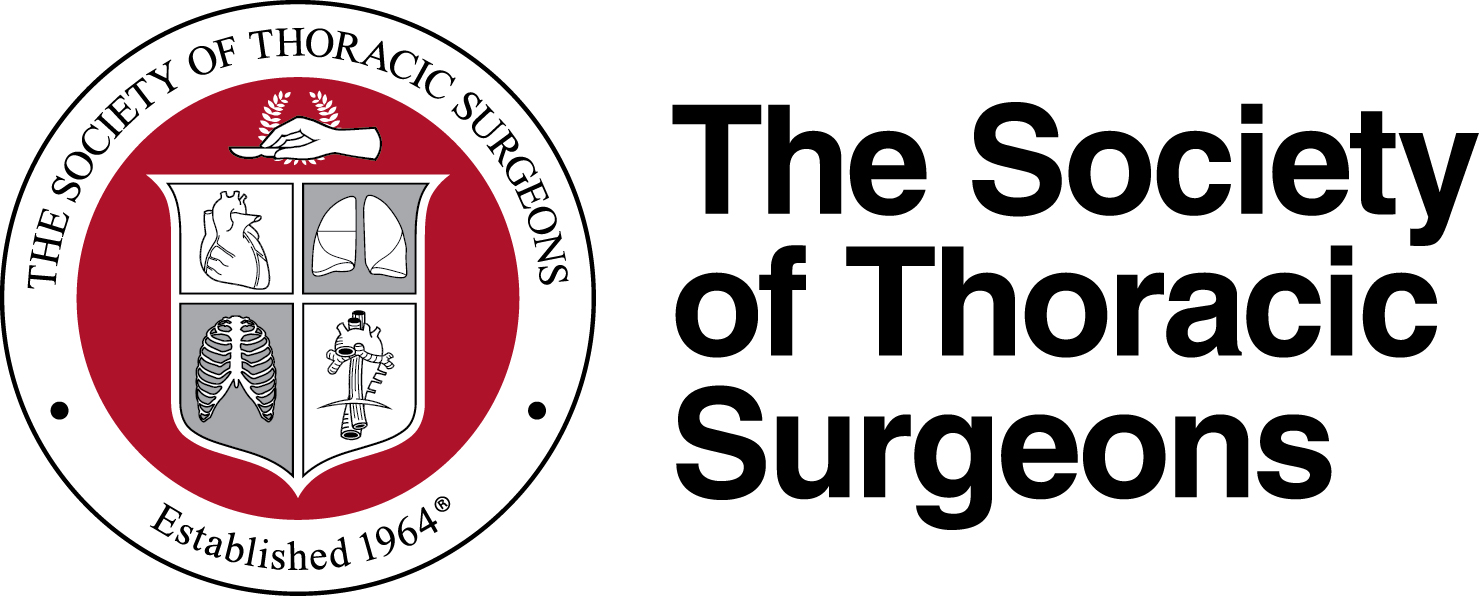Newswise — Orlando – The introduction of minimally invasive transcatheter aortic valve replacement (TAVR) for treatment of aortic stenos not only has increased the number of patients eligible for aortic valve replacement (AVR), but also has led to a decrease in patient mortality, according to a study released today at the 50th Annual Meeting of The Society of Thoracic Surgeons. These results suggest that patients fare better when multiple treatment options are available.
Using data from the STS Adult Cardiac Surgery Database and the STS/ACC Transcatheter Valve Therapy (TVT) Registry™, J. Matthew Brennan, MD, MPH, from Duke University Medical Center in Durham, NC, and colleagues evaluated the overall volume and outcomes from aortic valve interventions at participating U.S. hospitals from 2008 to 2012. TAVR became commercially available in the United States in 2012.
The study is the first to examine volume and outcomes at a national level.
“Early in the TAVR experience, there was concern that the availability of transcatheter procedures would lead to an abrupt reduction in the volume of surgical valve replacements,” said Dr. Brennan. “Our findings confirm what other surgeons have observed—implementation of a TAVR program likely will broaden the surgical referral base and increase the volume of patients considered for treatment.”
Across the study period, the total annual volume of aortic valve interventions increased from 34,699 to 43,282. In addition, the researchers found that overall mortality associated with AVR decreased, even in high-risk cases (8.9% in 2011 vs. 7.0% in 2012).
“In the initial U.S. experience, early outcomes following aortic valve replacement have improved with the availability of TAVR technology,” said Dr. Brennan. “When surgeons have multiple treatment options, more patients will benefit. We expect this trend to continue as both device technology and patient selection continue to evolve.”
The TVT Registry currently has more than 10,000 patient records and enrollment is on track to double that number in the next year. The large number of patient records allows for the development of reliable benchmarks for centers to reference in comparing their local results against risk-adjusted national standards. Ultimately this will translate into improved patient selection and optimal patient care.
###
For a copy of the abstract, contact Cassie Brasseur at 312-202-5865 or [email protected].
Founded in 1964, The Society of Thoracic Surgeons is a not-for-profit organization representing more than 6,800 cardiothoracic surgeons, researchers, and allied health care professionals worldwide who are dedicated to ensuring the best possible outcomes for surgeries of the heart, lung, and esophagus, as well as other surgical procedures within the chest. The Society’s mission is to enhance the ability of cardiothoracic surgeons to provide the highest quality patient care through education, research, and advocacy.
MEDIA CONTACT
Register for reporter access to contact detailsCITATIONS
50th Annual Meeting of The Society of Thoracic Surgeons
